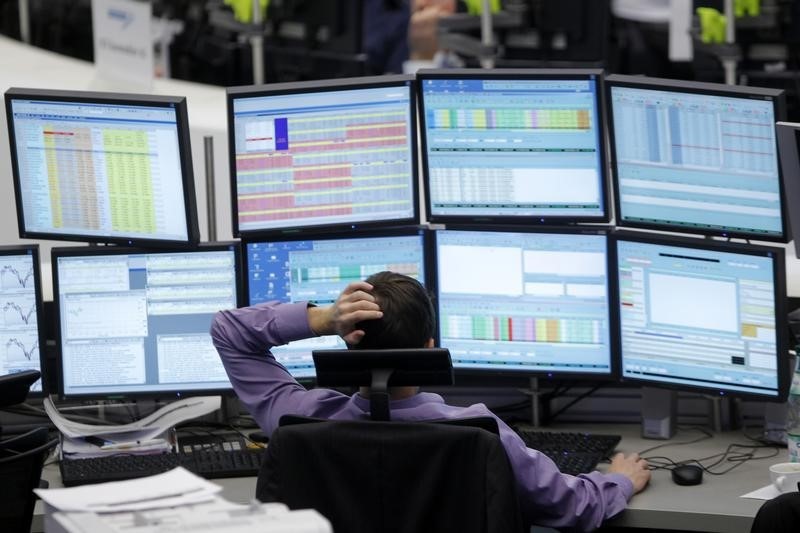This post was originally published on this site
https://i-invdn-com.akamaized.net/trkd-images/LYNXMPEH3709W_L.jpg
The company has been among the most resilient retailers during the COVID-19 pandemic, as Uniqlo’s focus on China and Japan helped it escape the worst of the downturn that hit the United States and Europe.
Fast Retailing said operating profit was 168 billion yen ($1.53 billion) in the six months through February, against 136.7 billion yen a year earlier.
The company raised its full-year operating profit forecast to 255 billion yen from 245 billion yen. The average estimate in a Refinitiv poll of 15 analysts was 262.9 billion yen.
During the pandemic, Uniqlo briskly sold masks and saw strong demand for its stay-at-home jogging pants and other comfortable apparel.
However, the company is now dealing with crises in Myanmar and China that are upsetting its supply chain and one of its most important foreign markets.
Fires broke out at two of Fast Retailing’s partner factories in Myanmar last month amid unrest that followed a military coup. The company has had to halt operations at some facilities in the country due to martial law conditions.
In China, the company and other Western brands are facing a backlash over criticisms of alleged human rights abuses in Xinjiang province. Fast Retailing operates about 800 Uniqlo stores on the mainland, about the same number as its home market of Japan.
Western brands including H&M, Burberry, Nike (NYSE:NKE) and Adidas (OTC:ADDYY) have been hit by consumer boycotts in China for raising concerns about forced labour in Xinjiang, a major producer of cotton. Five brand ambassadors for Fast Retailing in China have quit amid the backlash.
($1 = 109.6500 yen)

